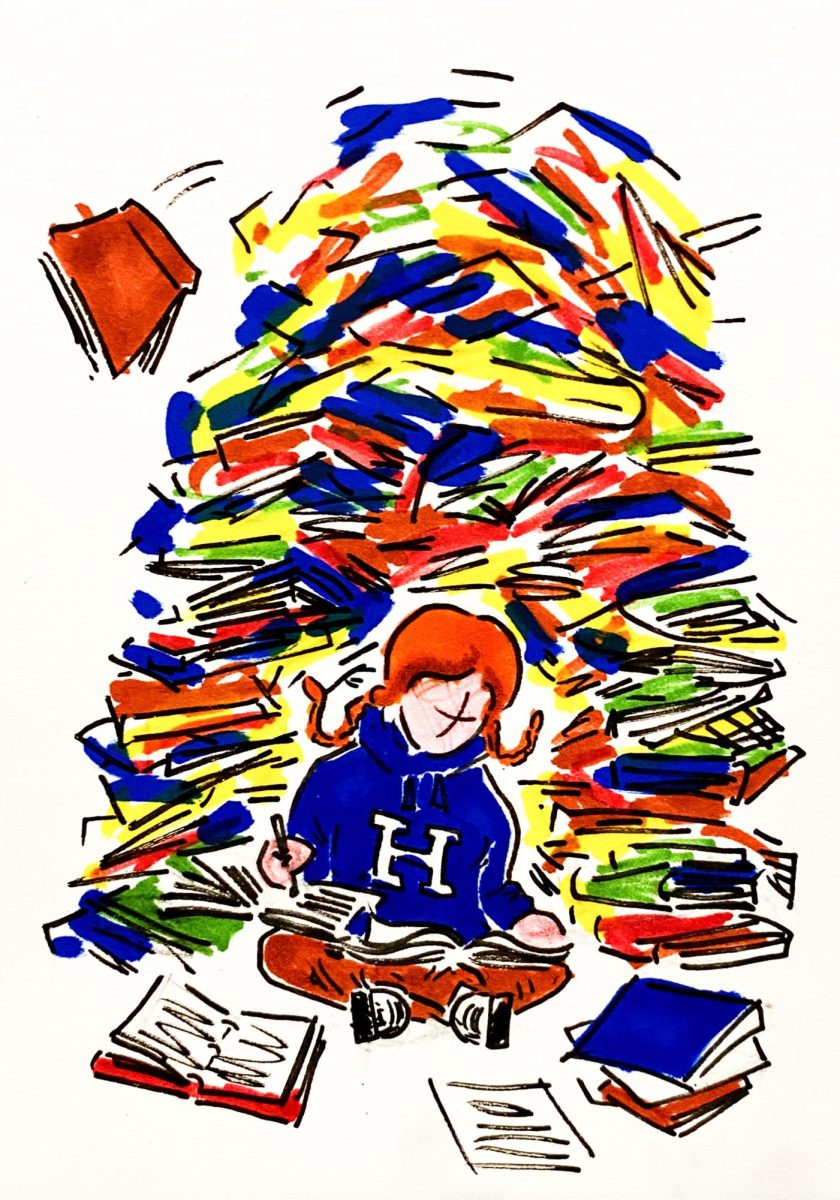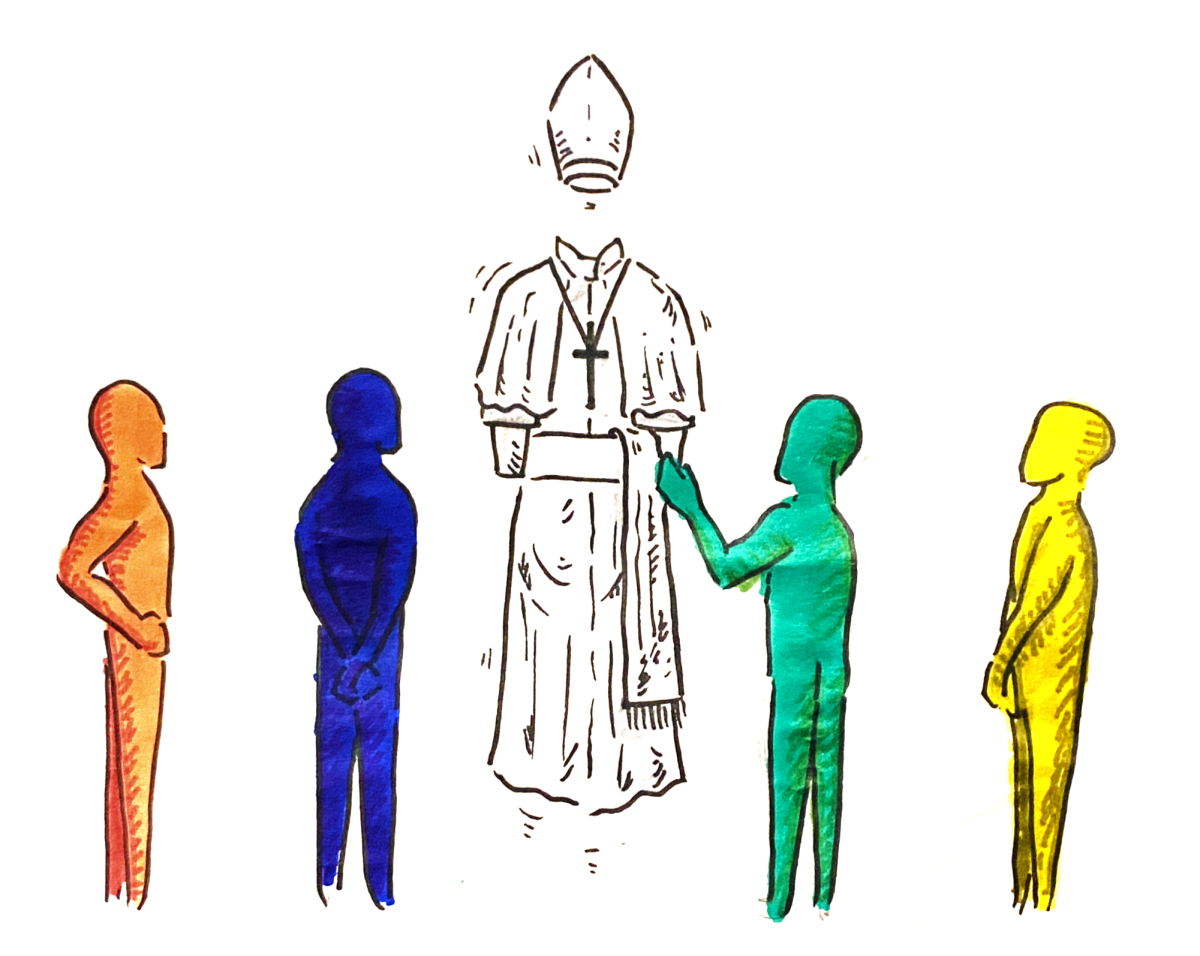Recently, the Stanford CIO Council, the People of Color in Technology (POC-IT) affinity group, and the IT department co-created the “Elimination of Harmful Language Initiative” as a guide to “address harmful language in IT.” Though launched in March, it went viral in late December.
Many right-leaning people saw it as more of a “banned words list” than an effort to address bias in IT, and were particularly concerned about words like “American” and “guys” being considered insensitive and exclusionary. Meanwhile, many progressives were in passionate support.
The document is a mixed bag of logical additions combined with recommendations that are excessively political correct.
It’s important to state that not all of the recommendations of the initiative are negative, or even controversial. The document features several categories such as “Culturally Appropriate,” “Imprecise Language,” and “Institutionalized Racism” that offer helpful suggestions.
Many of the terms listed in the guide as worth avoiding do make sense, as they may be discriminatory, generally insensitive, or simply outdated, and it’s important for people to understand the harm that these terms can cause to marginalized people.
There are also alternative phrases recommended as replacements for problematic terms, such as the idea of “person-first” language that does not define people by their status or what they’re going through. For example, it recommends “person with a disability,” instead of “disabled person” or “person without housing” for “homeless person.” This is a good idea; people are complex, and this change of wording would help people see each other with that understanding.
The document also discourages language that might contribute to implicit bias. For example, the term “blacklist” is discouraged because it “assigns negative connotations to the color black, racializing the term.” However, many people don’t think of this word and ones similar to it in a racial way in the first place.
Words such as “guys” and “manmade” are also discouraged, as they “reinforce male-dominated language.” However, many of these words (especially “guys”) are commonly considered gender neutral at this point.
It appears to be assumed that these everyday words will make people see certain groups in a negative light, or in this case, support the domination of a certain group. This document appears to be too concerned with erasing words with even the smallest chance of contributing to implicit bias to be fully worth signing on to.
The controversy about the guidelines raises an important question — when is it appropriate or necessary for language to change?
First, cahnges are only logical when words are hurting people in the present. At the end of the day, most of the English language was created by people whose character would be socially unacceptable today, so it makes sense that the usage of some terms needs to be updated. However, this does not justify their removal if they are actually harmless in our culture.
Second, the claims that some words could be disparaging to certain people (even down to everyday words with colors in them) are overstated. There is a clear distinction between phrases that genuinely hurt people and policing language that has no offensive connotation.
Whenever any words or phrases are genuinely offensive to people of marginalized groups, it makes sense to remove them. People’s comfort and feelings should always come first.
However, regulating language in an overbearing way is unnecessary. Our language is fluid and constantly evolving, but we must only make reasonable changes when it’s necessary to erase clear bias.






